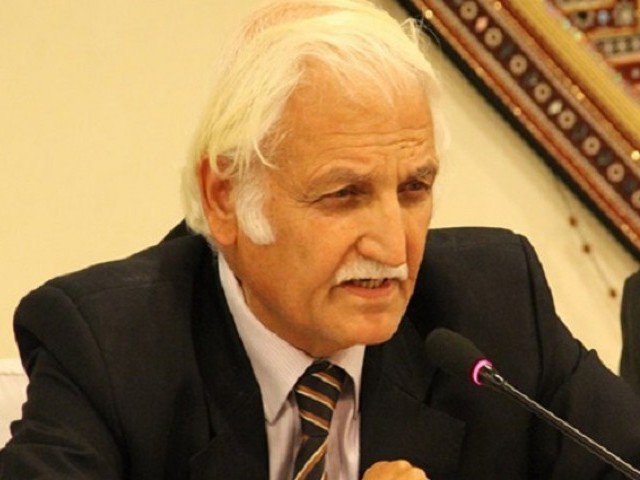
In the last year there have been a number of analysts who have voiced their fear of a silent coup inside Pakistan: a coup in which the deep state has solidified its power, reduce the civilian government to a puppet and ensured there is no dissent from any segment of society.
At a recent seminar former senator and PPP leader PPP leader Farhatullah Babar spoke of what he called a “creeping coup” that “has taken place against the authority of the civilian government. The coup has taken place very quietly before the election. It is different from the martial law of the past, with two resulting outcomes: the civilian government exists, but has no authority; press freedom exists, but journalists have no freedom. All media has been controlled, whether it is social media, print media or electronic media. It is all happening very quietly. The restrictions from the security establishment are the greatest. There are also restrictions from non-state actors and your rulers. The media is being attacked on all fronts.”
The senator remarked that why is it that in Pakistan “the ‘Dawn leaks’ controversy” was viewed as “against national security.” Yet when “A British newspaper reported on a secret garrison meeting earlier this year, yet no one is speaking about it.” And “If I ask how a former army chief received 90 acres of land, a tweet will be published saying that I am trying to ruin civil-military ties.”
He further remarked, “Institutions that announce without any investigation that a journalist has undermined national security should be strongly protested against, and they should be told that if the journalist has done anything wrong, then due legal process should be adopted against them.”
Senator Babar called for “an international conference on the freedom of expression. Parliament should be asked to hold a public briefing on the matter, and those against whom allegations have been levelled should also attend the briefing. Political parties should, in addition to human rights agendas, present road maps for press freedom and protection of journalists.”
![]()





